
Sadness. Regret. Contemplation. Happiness.
These were just a few of the ingredients that went into making The Dollyrots seventh studio album, “Daydream Explosion,” which is set for release on July 12 via Wicked Cool Records. For bassist and frontwoman Kelly Ogden (one half of the punk-pop duo that also features her husband Luis Cabezas), the record was a difficult one to make as she looked to find her creative footing amidst personal tragedy, but in the end, she believes that the songs speak for themselves.
“I honestly, truly… and I know that people always say this… but I do think it’s our best work yet,” she said in an exclusive interview with TrunkSpace.
We recently sat down with Ogden to discuss keeping it fresh, creating something outside of themselves, and finding time to write when life has other ideas.
TrunkSpace: “Daydream Explosion” will be the seventh full-length for The Dollyrots. Are there still firsts for you each time you head into the studio or hit the road?
Ogden: For sure. I mean, honestly, this record feels kind of new in a lot of different ways. We released our first album on our own and got picked up by Lookout! Records, so we did the label thing and then our next two were on Blackheart Records, and then we started the DIY route. So, we’ve been releasing our records through crowdsource campaigns for the past, I think, five albums. We started this one the same way. We did a pre-order through PledgeMusic and we were in a studio in Minnesota – which is also a first – Pachyderm Studios. It’s just this epic place outside of Minneapolis where some of our favorite 90s records were recorded. “In Utero,” for example. Some Babes in Toyland. Soul Asylum. Just some really, really awesome records. So, we were in the studio and we were ready to get started for the day and we get an email from Billboard, just being like, “Hey, you guys want to make a comment? Are you pulling your project from PledgeMusic or what?” And we were like, “What? What are you talking about? Our campaign is going great. No. What’s happening?” Because we had been in the studio for a week at that point, so we just were not really in the real world. So, at that point, we had to rethink how we were going to make this record and we had been doing it the same way for, like I said, the past five albums. We ended up having to pull the plug on our Pledge campaign, which, fortunately, happened before we had reached 100%, so our fans hadn’t been charged. We made out relatively unscathed, or, our fans made out unscathed. And then we just moved it over to a Shopify store where we were doing it and sent our roughs over to Wicked Cool Records, which is run by Little Steven of E Street Band. We were like, “Hey, you guys want to take a listen? What do you think? You think that we could get some airplay?” And they got back to us immediately and they were like, “Let’s just put it out on Wicked Cool.”
So, we’re in very new territory. We recorded in a snowstorm in Minnesota at Pachyderm Studio. Finally we’re putting it out with a record label, which we haven’t done in a really, really long time. It all feels kind of shiny and exciting. And musically, it’s definitely a bit of a different album, I think, for us.
TrunkSpace: You mentioned the history of Pachyderm. When you’re creating in a space like that, does it translate creatively to what you’re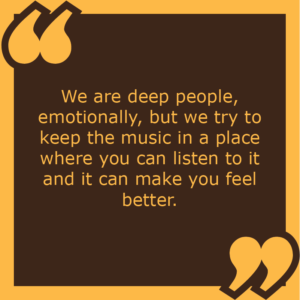 doing? Does it feel different being in a space where so many great people created?
doing? Does it feel different being in a space where so many great people created?
Ogden: It does. I think it’s like when you go to your state capital building or you go into any sort of historic place. This is a rock and roll historic place. It still has a vibe and I think all the experiences that happen inside of a place, somehow there must be little bits and pieces still hanging out in some way. We couldn’t not acknowledge the fact that some of our favorite rock stars slept in the bedroom that we slept in, and swam in the pool drunk after their sessions at night, and made snacks in the same kitchen, and made epic records in that studio. So, it does bring something outside of ourselves when we go to different places. It was exciting for us. We’ve had the privilege of recording in a lot of really cool studios, but this one was one that we had wanted to go to since we were young kids learning how to play guitar, listening to all those bands’ records.
TrunkSpace: Do albums start to feel like chapters of your life, especially with seven under your belt? Does it feel like you’re looking back at yearbooks?
Ogden: It does, definitely. I go back and listen and I can remember the feeling of the songs, and what we were doing, and the shows that we were playing. I think, probably for fans, it’s the same way. When I listen to music from when I was 17 – which is all the time I will admit – it does make me remember the time back then. So, I think, as much as it is for me, I feel like it probably is for our fans too… just a way to kind of go back in time a little bit and remember how it used to feel.
The last few have been kind of wild for us because with “Barefoot and Pregnant” I was pregnant with our first kid. “Whiplash Splash,” I was pregnant with our second kid. This one, I am not pregnant. Woo-hoo. (Laughter)
But I do have a whole new life experience being a mother and we bring our little kids on tour. People say, “When you have kids you’re going to see life through their eyes.” It’s totally true. I was getting kind of sick of touring. It was just the same thing all the time. It was exhausting. We were drinking too much. I was just kind of feeling like it wasn’t positive in the ways that it used to be. I still loved getting to see all of our fans and I loved performing on stage, but it didn’t have the magic anymore that it had before we kind of burned ourselves into the ground for a while. So, now that we have kids, we tour in a different way and part of it is about sharing the experience with them and them getting to meet all of our friends across the States and England, even parts of Europe now. It definitely is a different experience.
And writing this record, for better or worse, was definitely a struggle in some ways and a gift in others. My dad passed away the week of Christmas. We had booked Pachyderm for the third week in January and Luis and I are very skilled procrastinators, so I think we had about seven songs under our belt and we wanted to have at least 18 demoed out and tracked before we got to the studio to finish working on them with our producer, John Fields. So, my dad died and he had been sick for a while, but we certainly weren’t expecting it right then. He had been doing really good. It was the holidays, and we went out to eat a couple days before and everything seemed okay. We had kind of planned on having that break, where we had extra help from the family and stuff to watch the kids to write this record, and that didn’t happen because I couldn’t really function. So we were definitely cramming. We have a studio in our backyard and we put the kids to bed, put the monitor on, and we would just come back here and pray for inspiration. We would just start playing. Luis would start playing something on the guitar, and I would just pray that a melody would pop into my head and then words, and somehow it did, over and over and over again. And I feel like the result is something that’s a little bit outside of ourselves. It’s outside of our normal lyrics and melody – just everything. I honestly, truly… and I know that people always say this… but I do think it’s our best work yet.
And I don’t think it’s our best work because it’s overcomplicated or we’re playing our best. I just think that the music is very inspired and it still has the same spirit that it should. It’s just really good.
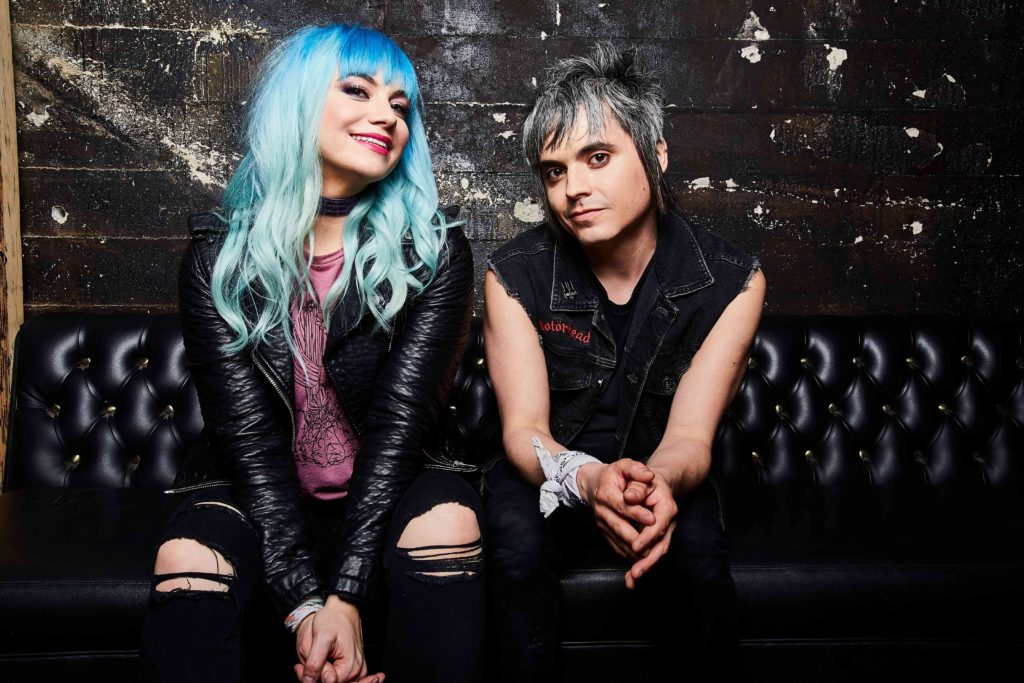
TrunkSpace: Do you feel like part of that was because emotionally you were dealing with so much that the music kind of became an outlet, in a way?
Ogden: Yeah, I think it definitely did. Any time you have a life experience like that I think that you’re super tapped into your emotions. And it wasn’t that it was all sad emotions. It was a lot of happy emotions, some regretful emotions, and a lot of looking back and reliving great things too. It definitely did help.
I hope our next record will just be real boring, though. No birth. No death. Just a nice boring kids record or something. (Laughter)
TrunkSpace: You had “Whiplash Splash” drop in 2017. You put out an album with Jaret Reddick, “Sittin’ In A Tree,” earlier this year. And now you have “Daydream Explosion” coming out in less than a month. If you look at the last few years as a whole, has this been a particularly fertile year for songwriting for you?
Ogden: Yeah, I think so. Because Luis is my husband and my band mate, for us I feel like before we had kids we thought that we were busy. And now that we have kids, we realize how precious time is and how little time we have to sit and ponder a guitar melody or a word in a phrase of a song. I think now we move more quickly and with purpose. We don’t have time to overthink anymore. I did that record with Jaret and it was the same thing. We just wrote, and wrote, and wrote, and when we felt like there were enough songs, then we went for it and recorded them. But, there isn’t a whole lot of second guessing or pondering at this point in life, it’s just a lot of forward movement because it has to be.
TrunkSpace: Has the focus or inspiration of your writing changed since having kids? Do you find yourself going, “Okay, they’re really going to dig this song,” and move forward with something that you maybe wouldn’t have prior to being a mother?
Ogden: I think not so much in the writing yet because when Luis and I write… we’ve been together since we were 17, so a lot of our writing still stems from our youthful love. I don’t really know how else to say it. Maybe it could also be called immature and codependent. (Laughter) That’s what we have to write with. Yeah, we’re parents now and all that, but when we get to do music it’s when we really get to be ourselves together again without the kids.
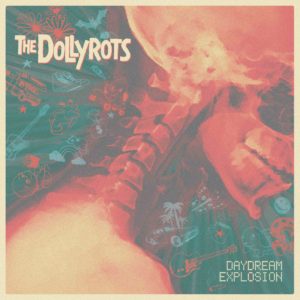 TrunkSpace: You mentioned your youthful love. Do you believe in creative soulmates and is that how it is for you and Luis where there is a connection on an artistic level as well?
TrunkSpace: You mentioned your youthful love. Do you believe in creative soulmates and is that how it is for you and Luis where there is a connection on an artistic level as well?
Ogden: I think Luis and I were both artistic as teenagers. We both were painting all the time and we both did a lot of writing. We were good students too. We ended up going to school for science, but we went to a liberal arts school that was very artistic based. And I think both of us love music and art and all those things. That said, we do create awesome art together, but it’s not easy. I would say it’s one of the more difficult parts of our relationship, I think, because it’s hard. It’s hard to do. We’ve written with outside writers here and there. When we were on Blackheart Records, after “Because I’m Awesome” came out, there’s that whole pressure because it was like, “’Because I’m Awesome’ is almost a hit – almost a Top 40 radio hit. Next record, you’re going to do it!” And so we wrote with all these people and that was a different experience because it was like a person in there with the two of us. But not until I started writing with Jaret Reddick on the duets album had I just written songs with somebody not Luis in the room. And that was really, really easy. Jaret and I have been friends for over a decade now. Luis and I lived on tour buses with Bowling for Soup for a lot of those touring years there. So, he’s kind of like a brother. He’s definitely one of my best friends in the world and I think because there is no personal baggage and all the history and all of the things like, “Well, I need to make lunch for tomorrow, I need to go clean up dinner, I need to switch the laundry over,” I’m not thinking about those things when I’m writing with Jaret. But when Luis and I write together it’s like our whole life is still in the room. It’s not really an outlet, so it is kind of difficult. I think some of our biggest fights have been around songwriting.
TrunkSpace: Because it’s tough to turn off life, right? You can’t flick that switch.
Ogden: Yeah. And some days I just really don’t feel like doing it either, but we have to push each other and try and get each other to that place. And Luis, he’s definitely the more aggressive component of The Dollyrots and so he likes to get a little bit more amped up in his writing and that is not the way I like to write. I like it to be easy, cool, natural, floating down from the ether. So, we do butt heads sometimes depending on the style of song that we’re writing. If we’re writing more aggressive songs, like “City of Angels,” he’s like, “You’re softening it. You’re softening it. I want it to be this.” So, that is a struggle.
TrunkSpace: When all is said and done and you hang up your bass guitar, what do you hope your legacy is? What do you want to be remembered for musically?
Ogden: Definitely a girl onstage with an instrument playing music that is not a terrible influence. I hope that I inspire people to do something artistic, whether they’re kids or grownups. I’ve had a lot of adults say, “I feel like without seeing you up there, I wouldn’t have tried to learn an instrument.” And I’m like, “You can do it. It’s not hard. Learn our songs. You can totally do this.” So, I just really want people to feel encouraged to try and find a way to have an outlet. And more than anything, our music is just there to make people feel better. We’re political people. We are deep people, emotionally, but we try to keep the music in a place where you can listen to it and it can make you feel better. If you really want to look deeply into our lyrics then it can make you feel terrible too, but at least on the surface we want to be a feelgood thing in people’s lives and so we try and keep it at that.
“Daydream Explosion” drops July 12 on Wicked Cool Records. Their latest single, “I Know How to Party” is available now.


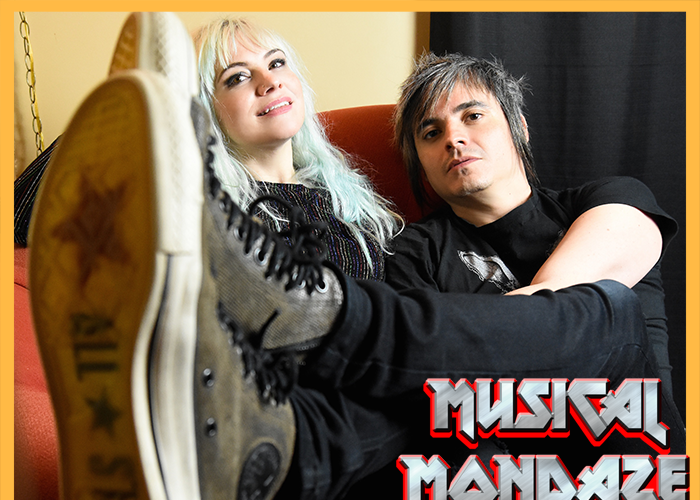
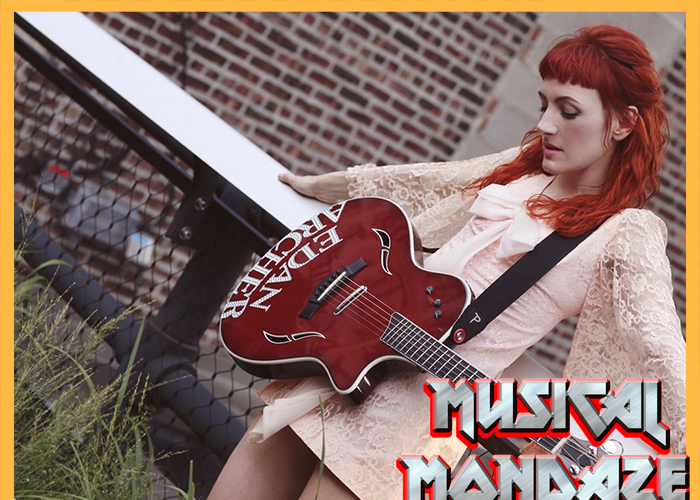
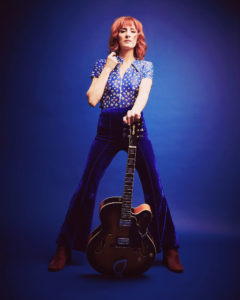
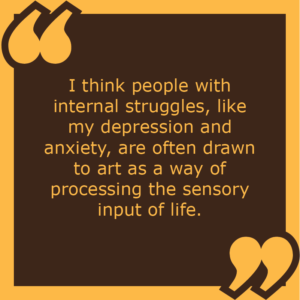
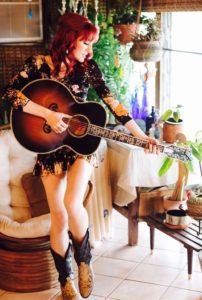

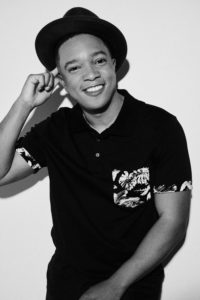
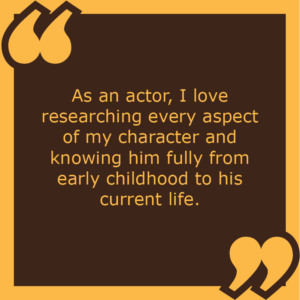 content given its new home? Is it grittier than what people will recall from its time on ABC?
content given its new home? Is it grittier than what people will recall from its time on ABC?
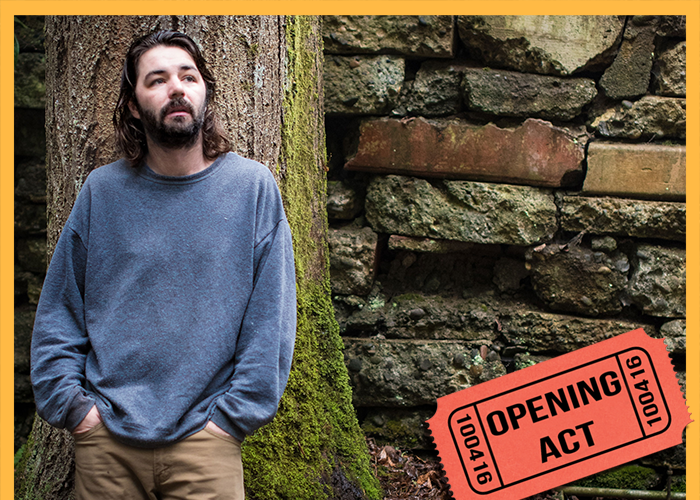
 Artist: Luke Hogan
Artist: Luke Hogan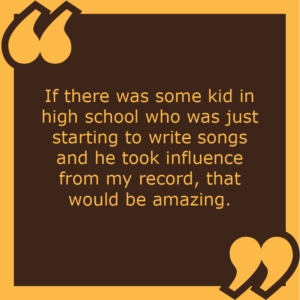 Special,” the closing track, is from 2004. But there are also newer songs on the record that didn’t exist when we started recording, so I’m glad we didn’t rush. Moving across the country to LA, then back home, then back to LA, then up to the Northwest, with plenty of detours along the way, all these events were part of the process of making and putting out this record. So yes, I suppose it has been a bit of an adventure. And it’s still actually not out yet…
Special,” the closing track, is from 2004. But there are also newer songs on the record that didn’t exist when we started recording, so I’m glad we didn’t rush. Moving across the country to LA, then back home, then back to LA, then up to the Northwest, with plenty of detours along the way, all these events were part of the process of making and putting out this record. So yes, I suppose it has been a bit of an adventure. And it’s still actually not out yet…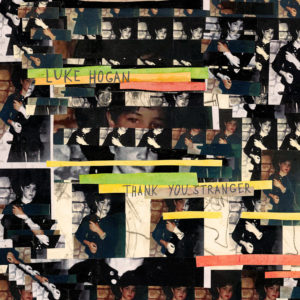 TrunkSpace: If you weren’t on your current path with “Thank You Stranger,” would creating music still be a part of your life, even if you weren’t sharing the results with people like you are now?
TrunkSpace: If you weren’t on your current path with “Thank You Stranger,” would creating music still be a part of your life, even if you weren’t sharing the results with people like you are now?
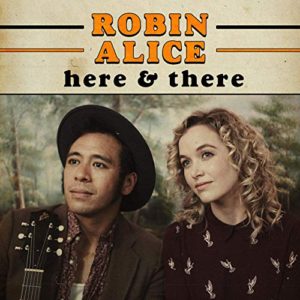 Artist: Robin Alice
Artist: Robin Alice

 Artist: Cosmo Gold
Artist: Cosmo Gold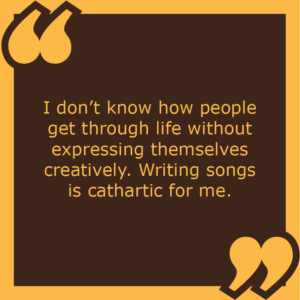
 TrunkSpace: Many musicians say that music is a form of therapy. Is it that way for you? How has creating music helped you navigate this wild ride we call life?
TrunkSpace: Many musicians say that music is a form of therapy. Is it that way for you? How has creating music helped you navigate this wild ride we call life?

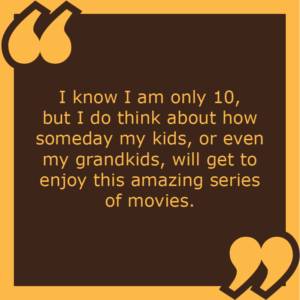

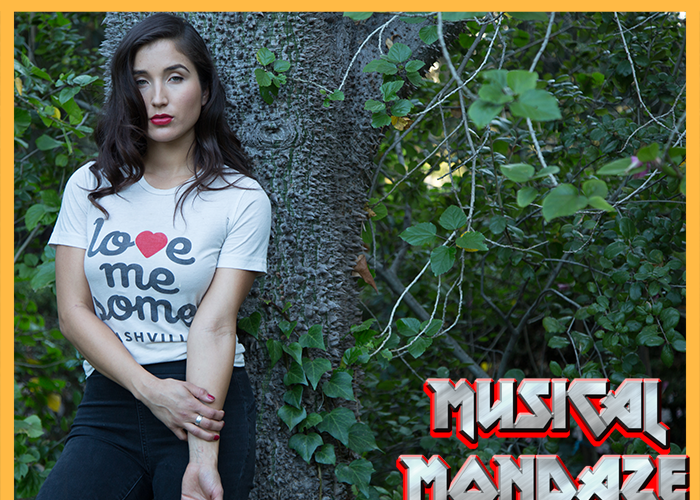
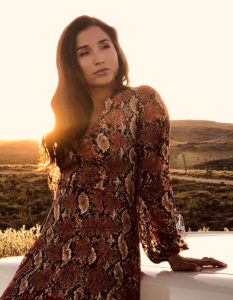
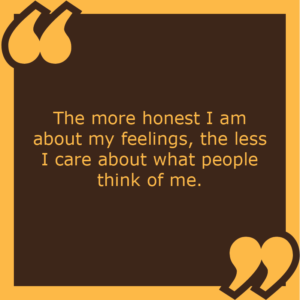 Ness who helped kick-start the path that you’re currently on. For so many people, meeting their heroes ends in heartbreak, but for you, could there have been a more serendipitous journey from where you began to where you are now?
Ness who helped kick-start the path that you’re currently on. For so many people, meeting their heroes ends in heartbreak, but for you, could there have been a more serendipitous journey from where you began to where you are now?
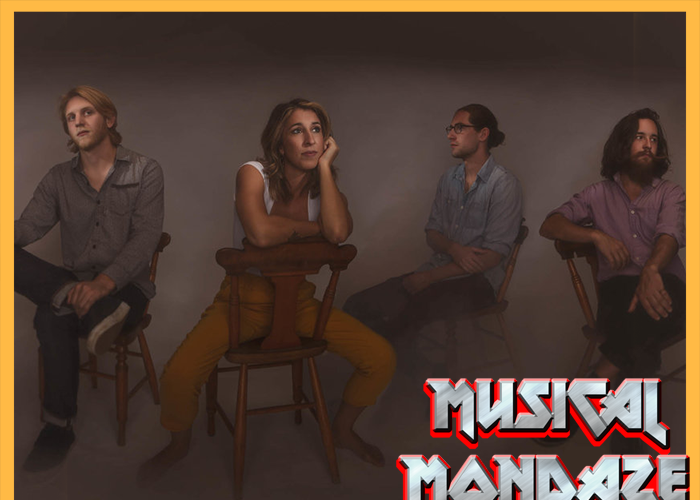

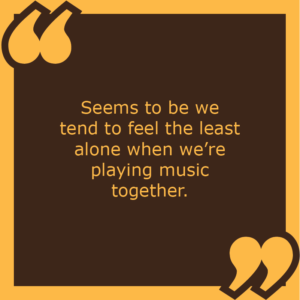 album is home to a lot of collective truths of ours and is an honest capturing of who we were when we recorded it. Very much like how every live performance of ours is an honest display of who we are then. In the end, we’re a family. Seems to be we tend to feel the least alone when we’re playing music together. If that togetherness shines for you in the recordings then you’ve gotten a pretty good glimpse of who we are.
album is home to a lot of collective truths of ours and is an honest capturing of who we were when we recorded it. Very much like how every live performance of ours is an honest display of who we are then. In the end, we’re a family. Seems to be we tend to feel the least alone when we’re playing music together. If that togetherness shines for you in the recordings then you’ve gotten a pretty good glimpse of who we are.
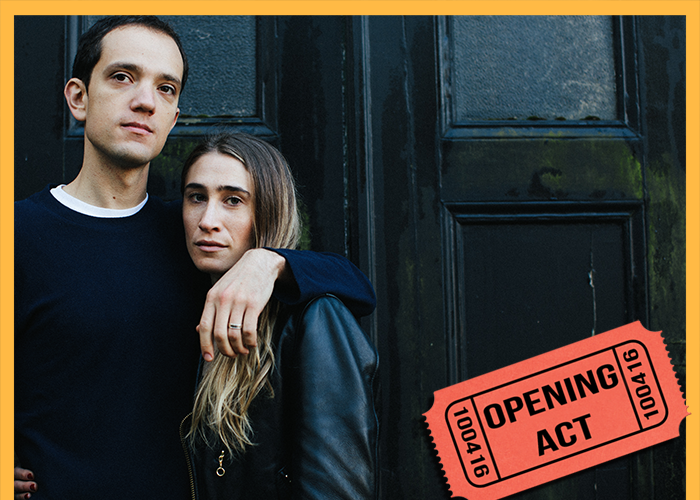
 Artist: Tanbark
Artist: Tanbark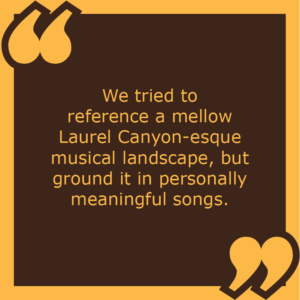
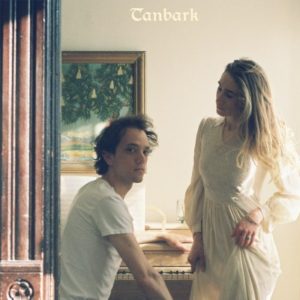 The song is written from the perspective of Voltaire, and it is addressing his lover (and one-time protegée), the great thinker and physicist Emilie du Châtelet. I was reading a biography about their affair, and I was struck by how ahead of their time they were and also how Châtelet was limited by being a wonderful mind in a woman’s body. I love thinking about the repercussions of putting pen to paper and what that meant for them.
The song is written from the perspective of Voltaire, and it is addressing his lover (and one-time protegée), the great thinker and physicist Emilie du Châtelet. I was reading a biography about their affair, and I was struck by how ahead of their time they were and also how Châtelet was limited by being a wonderful mind in a woman’s body. I love thinking about the repercussions of putting pen to paper and what that meant for them.